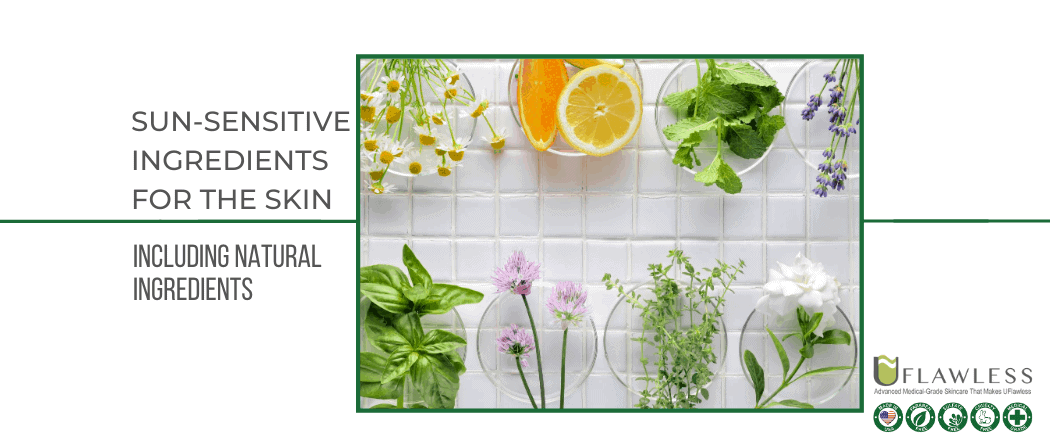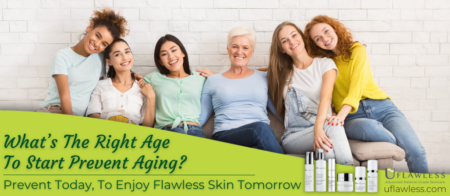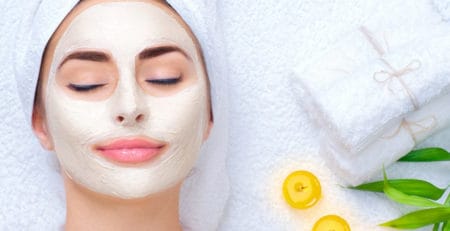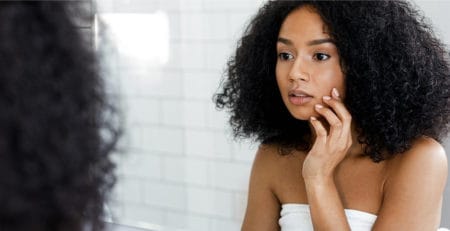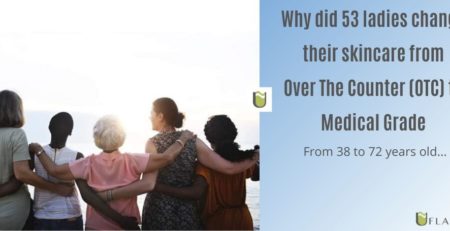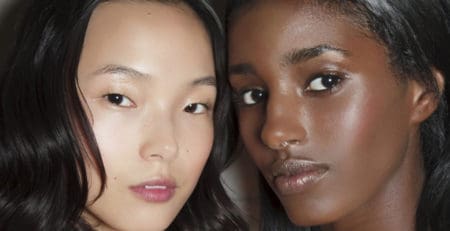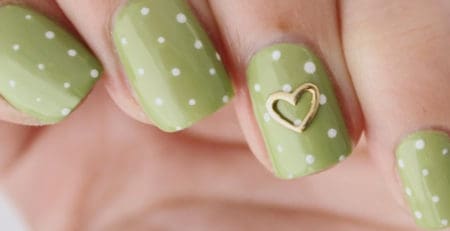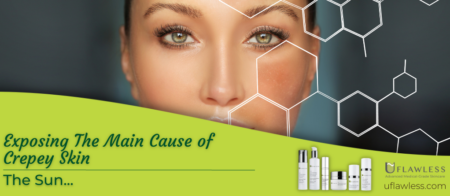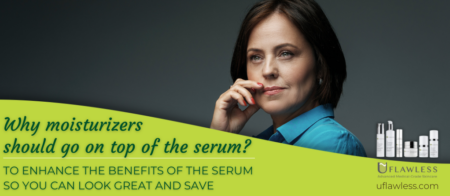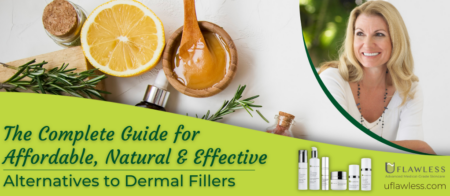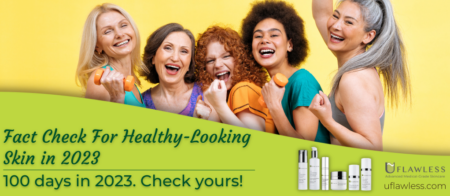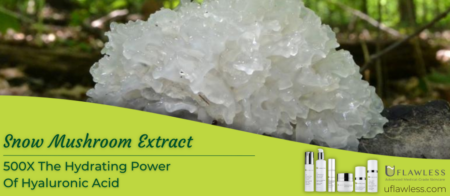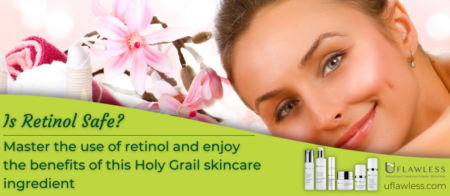Sun-Sensitive Ingredients For The Skin… including natural ingredients
While we have a little bit of a month now for the end of summer, let’s take a moment to understand what are the sun-sensitive ingredients for the skin.
Sun-sensitive ingredients are the ones that can cause any kind of irritation, redness, itchiness, or any sort of reaction, based on exposure to the sun.
Many times, we don’t even know we’re using a skincare product that could be the one to blame for those issues.
Good examples are Glycolic Acid and Retinol.
Why Glycolic Acid and Retinol are sun-sensitive ingredients?
Here’s the thing, even though both are considered the Holy Grail in skincare, and they really are, exposed to sunlight, they are considered not as friendly as you might think.
The main reason is that they are exfoliation ingredients. That means that they are intended to remove dead skin cells from the surface of the skin.
This thin layer of dead skin cells acts as a natural barrier to the skin, and when removed, exposes the fresh-youthful skin.
A good comparison is to think of a baby’s skin exposed to the sun.
No wonder to hear about sunburns, inflammation, discoloration, and premature aging.

What are other sun-sensitive ingredients for the skin?
In short, we can say that all acids, exfoliating, bleaching skin ingredients, and Vitamin-A derivatives are the ones to be mindful of.
To put them on a list, we should mention Salicylic Acid, Hydroquinone, Kojic Acid, Benzoyl Peroxide, Ascorbic-Acid, to name the most common.
Good time to remind you that we don’t use at all Hydroquinone and Kojic Acid in any of our formulations. Due to the harmful side-effects of these two ingredients.
What to do to avoid sun-sensitive ingredients, and still get the benefits?
That’s the million-dollar question. It’s important to mention that summer is not the season to be reckless about the skin.
On the contrary, we have to be extra careful. Sun is in the top 3 premature aging factors.
In the case of Retinol, Glycolic Acid, and Salicylic Acid, it’s good to use them at night.
If you’re one of those who don’t live without them during the day, use lower-strength during summer and never forget to apply sunscreen in the morning.
Vitamin-C is one of the best alternatives for a more natural brightening alternative. And you get double-action (Antioxidant & Photoprotection).
Can Natural Ingredients Be Sun-Sensitive?
Yes, they can! And believe it or not, there are more natural ingredients that are sun-sensitive than you can imagine.
The most common ones are Lime, Thyme, Coriander oil, horsetail, grapefruit, bergamot, Witch Hazel, Wintergreen, Peppermint, Rose, Sage, Cottonseed oil, Fennel.
Of course, each skin is different. That means that some people have more resistance than others. It can take some time for you to find out.

Natural sun protection without sunscreen. How’s that possible?
One of the best ways to get the most out of summer without worrying about sunscreen is by using sun-protective clothing.
There are several brands you can look for, which are specialized in sun protection.
However, you don’t need to go super-fancy about it. Just be mindful that a conventional T-Shirt has an equivalent SPF of 7. But when it gets wet, it goes down to 3!
On the other hand, a black denim long sleeve shirt has 1700! Peace of mind to the max! :-)
The advantage of using these specialized sun-protective clothing is that they are very comfortable, compared to heavy denim ones. Especially when they get wet.
Avoid the sun Between 10:00am and 4:00pm.
Yes, this principle will forever be valuable! It’s one of those lessons you learn from your grandma, which you’ll be teaching your grandkids…
Between those hours, the intensity of UVA/UVB rays is the most intense, and the more intense they are, the more damage they cause to your skin.
How to be fully protected from the sun?
There are a few things that if you prepare yourself before enjoying the sun. Here they are:
- Avoid sun exposure between 10am to 4pm.
- Drink plenty of water – 8-12 glasses of water per day (during sun exposure over 12 glasses)
- Use a hat, sunglasses with UV protection, sun-protective clothing, and umbrella.
- Use broad-spectrum sunscreen. (UVA/UVB/HEV).
What Broad Spectrum sunscreen means?
There are 2 types of UV (Ultra Violet) light radiation. UVA, UVB. Broad-Spectrum means that the sunscreen protects from UVA and UVB light.
Ultra Violet (UV) light is not visible to the naked eye, and it’s a form of radiation.
An easy way to understand the difference between them is to observe that UVA Light is related to AGING. The kind of light responsible for premature aging factors.
UVB goes for BURNING. When the skin turns red, which is very painful, and also harmful for the skin.
Recent studies show that there’s another form of radiation, as harmful as UVA/UVB. It’s HEV light. High-Energy Visible. Aka Blue light.
HEV Light is emitted by smartphones, TV screens, tablets, and computer screens.
No wonder lately, the number of complaints in dermatologists and optometrist offices is increasing exponentially.
People, including kids, are spending more time in front of TV’s, smartphones, and tablets.
And it’s not only bad for the skin but also bad for the eyes. It’s a fact that HEV light can penetrate the deep layers of the skin. Deeper than UVA & UVB.
With that said, Broad-Spectrum nowadays turned into the sunscreens, which can also protect the skin from UVA/UVB & HEV.

What is the best Broad-Spectrum Sunscreen without sun-sensitive ingredients for skin?
We are proud to present the X3 Primer Moisturizing SPF 40.
A broad-spectrum face sunscreen, delivering full protection against UVA, UVB, and HEV light.
Besides all the benefits from this tinted mineral sunscreen, you’ll be protected against signs of aging (Wrinkles, lines, and dark spots).
No ghost-finish, use as a makeup primer, reef-safe, free of artificial fragrance, and skin irritants.
What else could be better than that?
Peace of mind to be enjoying the sun while loading up your skin with antioxidants.
Get yours today, be fully protected, and with a youthful, lifted appearance the entire year!

-
2Week-Boost X3 Anti-Aging Routine |
Original price was: $94.00.$81.00Current price is: $81.00. -
-
X3 SPA-Day at Home (1-Day) | Full Skincare Kit |
Original price was: $9.90.$5.95Current price is: $5.95.


